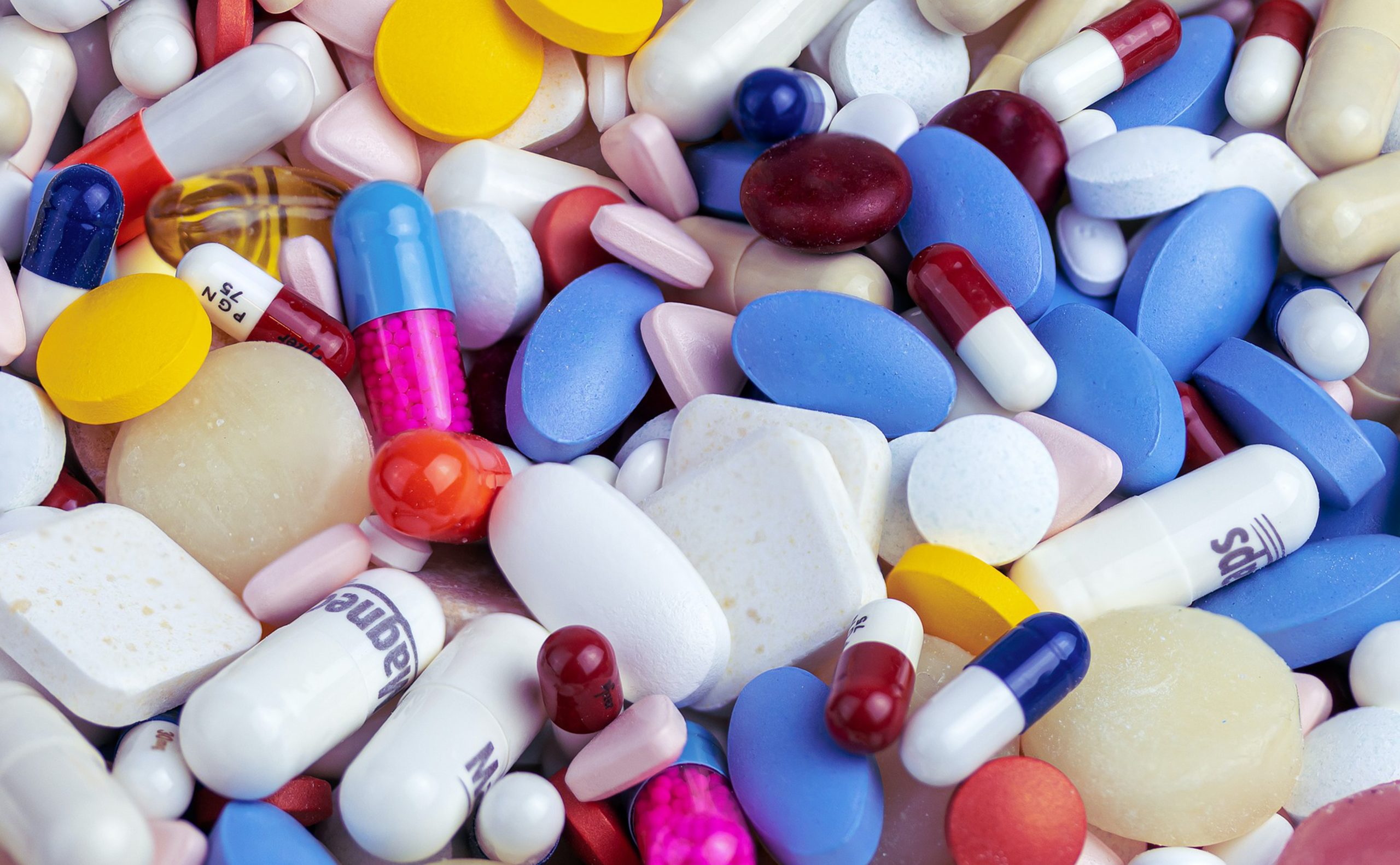When we think about drug abuse, most of us consider the individual effects it has on people, but that’s only one side of things.
If we don’t look at the other side of how substance abuse affects society in general, then a lot of these societal problems tend to get ignored or worse – misdiagnosed as symptoms of something else.
As you’ll see momentarily, drug abuse and substance disorders have far-reaching consequences than just an impact on the individual.
What is drug abuse or drug dependence?
A study conducted by the Substance Abuse and Mental Health Services Administration revealed that there are more than 21 million Americans who have a substance use disorder.
Drug dependence and abuse occur when you need one or more drugs to function at all in your daily life.
In 2013 the terms drug abuse and drug dependence were replaced with the all-encompassing term substance use disorder. Now the only delineation is between whether someone with substance use disorder has an addiction or a dependence.
An addiction usually involves the following:
- Not being able to stop using the drugs
- Deciding to use despite knowing the consequences of use
- Neglecting your social and work obligations because of your drug use
Dependence does often involve all the symptoms of addiction but isn’t always considered an addiction. Dependence can involve the need for the drug for chronic medical conditions. The dependence referenced for this article includes:
- All or some of the signs of addiction
- Developing a tolerance for the drug and therefore a craving for larger and/or more frequent doses
- When you attempt to stop you suffer the physical symptoms of withdrawal.
Families affected by drug abuse suffer from physical, emotional, financial, and social damage.
Spouses, children, and parents may all be affected by a substance use disorder.
The foundation of these types of relationships is trust and frequently the building dependency on drugs whittles away at this trust due to the common deceitful nature of addiction.
A peaceful and loving home frequently becomes divided due to stress as conflict becomes the norm. Drugs of any kind cost money and more money as time goes on as the addict needs more drugs to feel better.
The aggressive and irritable side effects can cause physical and emotional harm to your loved ones as easily as they can to you.
For children, witnessing the trauma of a parent suffering from addiction has long-term mental effects. They are more likely to develop a substance use disorder in their lives and more likely to end up in a situation where they are neglected and/or physically abused.
They can also suffer from delays in learning and development combined with prolonged mental and emotional disorders.
Children witnessing frequent fighting and aggressive and violent behaviors can make them feel emotionally and physically neglected. These feelings manifest later in mental and emotional disorders.
If you need help with your addiction, get it here.
Impairments caused by drug abuse also cause many people to lose their jobs and decrease their productivity at work
The economic cost of drug abuse is in the billions of dollars.
Many chronic drug users can’t obtain employment or have difficulties keeping their jobs due to the brain-altering nature of dependency-related drugs.
Beyond chronic absenteeism, employers are faced with theft of supplies, equipment, and products that can be sold to buy drugs, the loss of productivity, increased use of medical and insurance benefits, and an increased risk of work-related injuries to themselves and others.
Average Economic Costs of Illicit Drug Use in the US:
- $120 billion in lost productivity
- $11 billion in healthcare costs
- $61 billion in criminal justice costs
A person with an addiction will often put off paying bills or buying food in order to get more drugs or alcohol.
The thing about addiction is it rewires your brain and only gets worse without help.
Developing a dependence means that your body learns to tolerate the substance over time. The underlying issue that you’re using the drugs to feel better about is still there, triggering the need for more comfort from the drugs. Each time your body doesn’t react as much and you feel the need for more.
Then you feel the need more often. Not only does this cost a growing amount of money it also leads you on the path to a dangerous overdose and potentially death, leaving your family with debts that haven’t been paid.
Connected with the previous section, drug addicts frequently lose their jobs and any income that’s needed to pay off bills or buy food. It’s not only avoiding those things in order to buy more drugs.
Up to 75 percent of crimes (other than drug-related) are committed by people in some way impacted by drug abuse, according to the National Association of Drug Court Professionals.
17% of state prisoners and an additional 18% of federal inmates stated that the crime that landed them in jail was committed in an effort to obtain money for drugs.
In a study conducted among individuals in Dominica, Saint Kitts and Nevis, Saint Lucia and Saint Vincent, and the Grenadines, approximately 55% of those convicted of crimes admitted they were under the influence of drugs during the act. Only 19% of those individuals would have committed the crime without the influence of drugs.
Final Thoughts: Drug abuse affects millions of families and communities.
Drug abuse can have many negative effects on our society.
This includes the financial costs that result from enforcement, treatment, and healthcare.
It also includes the danger it poses to users and nonusers of drugs as substance abuse puts everyone at risk of bodily harm.
In addition, drug abuse encourages crime and reduces productivity within the workforce.
And lastly, drug addicts pass on these dangerous behaviors to their children who may then suffer emotional pain during their families’ struggles. The effects of substance abuse are numerous, and they should not be ignored or overlooked by the rest of society.






